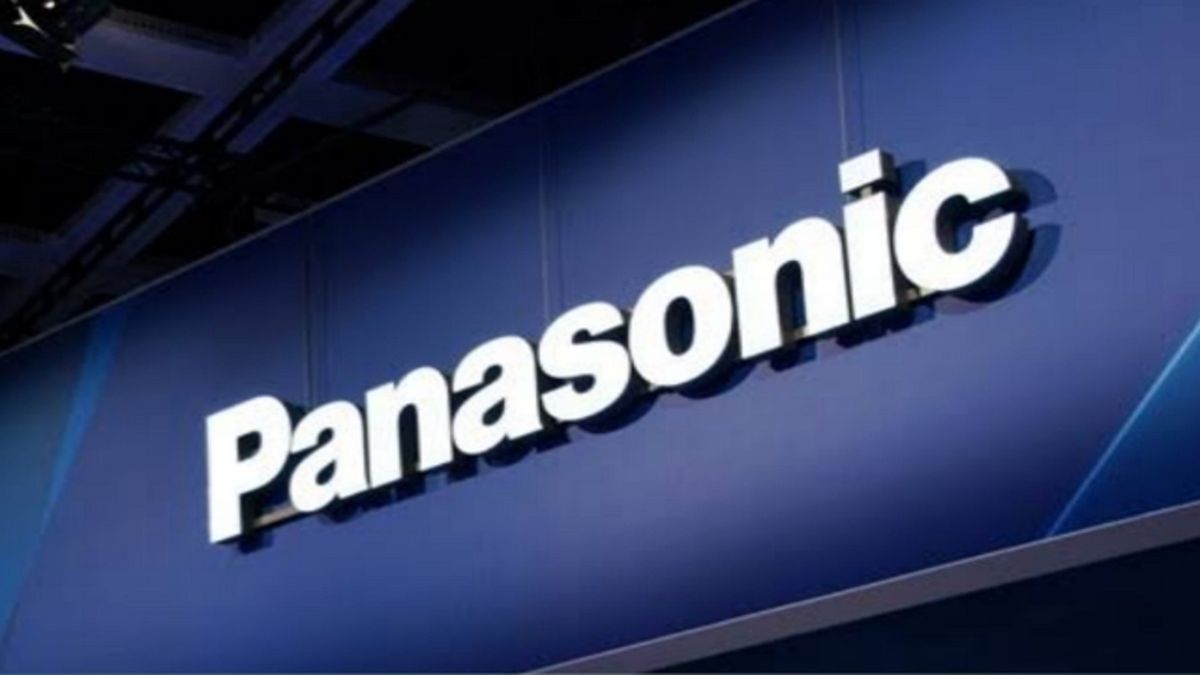Panasonic Holdings Corporation has announced a significant global restructuring initiative, which includes the elimination of 10,000 jobs—approximately 4% of its 230,000-strong workforce. This strategic move aims to streamline operations and enhance profitability amid declining earnings and shifting market dynamics.
📉 Overview of the Layoffs
- Total Job Cuts: 10,000 positions globally
- Geographic Distribution: 5,000 in Japan and 5,000 across international operations
- Departments Affected: Primarily sales and indirect departments
- Implementation Timeline: Fiscal year ending March 2026
- Restructuring Costs: Approximately ¥130 billion (~$896 million)
The restructuring will involve early retirement offers in Japan, consolidation of sales and administrative functions, and the closure of certain operations.
📊 Financial Context
Panasonic reported a 17.5% decline in net profit for the fiscal year ending March 2025, totaling ¥366 billion ($2.5 billion), down from ¥443 billion the previous year. Sales also saw a slight decrease to ¥8.46 trillion ($58 billion). The company attributes these declines to a slowing global economy and reduced demand for electric vehicles.
Despite these challenges, Panasonic anticipates a profit improvement of at least ¥150 billion ($1 billion) in the next fiscal year, with ¥70 billion ($483 million) expected from the job cuts.
🔧 Strategic Shifts
The restructuring is part of Panasonic’s broader strategy to focus on high-growth areas and divest from underperforming segments. Key initiatives include:
- Exiting Loss-Making Businesses: Termination of operations with no prospects of profitability.
- Consolidation of Operations: Streamlining sales and administrative functions.
- Investment in Growth Areas: Focusing on sectors like electric vehicle batteries, energy storage, and aviation electronics.
- IT Optimization: Reducing and streamlining IT investments.
These measures aim to achieve a return on equity of 10% by March 2029 and an adjusted operating profit of at least ¥600 billion by March 2027.
🇸🇬 Impact on Singapore Operations
In a related move, Panasonic announced the closure of its refrigeration compressor manufacturing operations in Singapore, resulting in the retrenchment of approximately 700 employees. This decision was made due to a challenging global business outlook and a strategic review of the refrigeration compressor business portfolio. The affected operations will be consolidated into existing facilities in Malaysia and China.
🧑💼 Leadership Response
Panasonic CEO Yuki Kusumi has expressed regret over the job cuts, stating that the company must make “drastic cuts to our fixed cost structure” to pursue future growth. In a gesture of accountability, Kusumi has also taken a 40% pay cut amid the global layoffs.
Sources
Who is impacted as of now
Sources from Europe specifically from the Germany says, that there are two categories of employees. one is internal and other is external. Internal employees are those who are in direct payroll with the product company in this case Panasonic. External employees are those who provide service to product company but gets payroll from the second company which are often considered as consultant company or service provider.
Why companies also keep externl employees
In general Companies often prefer external (contracted or outsourced) employees over direct hires (permanent staff on company payroll) for several strategic and financial reasons. Here are the main ones:
💸 Cost Efficiency
- Lower Long-Term Costs: External workers typically don’t receive full benefits (e.g., health insurance, retirement plans, paid leave), reducing overhead.
- No Severance Obligations: Contracts can end without costly severance or legal risks involved in laying off permanent staff.
- Tax Advantages: In many jurisdictions, taxes and employment obligations are lower for contract workers.
⚙️ Flexibility and Scalability
- Project-Based Hiring: Companies can quickly scale up or down based on project needs without committing to long-term employment.
- Faster Hiring: Contractors or agency staff can often be onboarded faster than direct employees.
- Specialized Skills: For short-term or niche roles, it’s easier to bring in specialists temporarily than to hire and train someone new.
🛡️ Risk Mitigation
- Less Legal Liability: Employment protections for full-time staff are often stricter than for external workers.
- Avoid Union Issues: Contractors are often not part of the company’s union, making it easier to manage workforce adjustments.
In context to Panasonic Automotive system Europe, also hire a part of external employees. as per sources these external employees have been terminated immediately without any liability or providing severance pay, usually the outsourcing company has been taking advantages of terminating the employees.
Who is really affected ?
The question here is who is really affected – is it the company, the management, the CEOs, CTOs, internal employees, External employees.
the most vulnerable are the external employees, who are simply thrown without any sympathy or severance pay. internal employees are given proper time, severance pay, and lot other support. for the management cutting salary is the best company can do which is nothing but a trick game.
if any external employees work consecutively for outsourcing company and faces worst case than his or her career is ruined, because he may work some months, than sits for another month, and this keeps happening. later on when the resume is ruined the fancy HR didn’t even look at them. and starts looking for another best candidates, who is already very well settled and the HR try’s to lure them, which again in turn who knows the best candidates becomes the future worst candidates.
Whom to blame ?
its definitely the government to be blamed because businesses are meant for profit at any cost. government should put strict regulations on outsourcing company’s. who doesn’t event bother to find the assignment for the laid off employees. or provide any kind of support. this act is simply inhuman.




